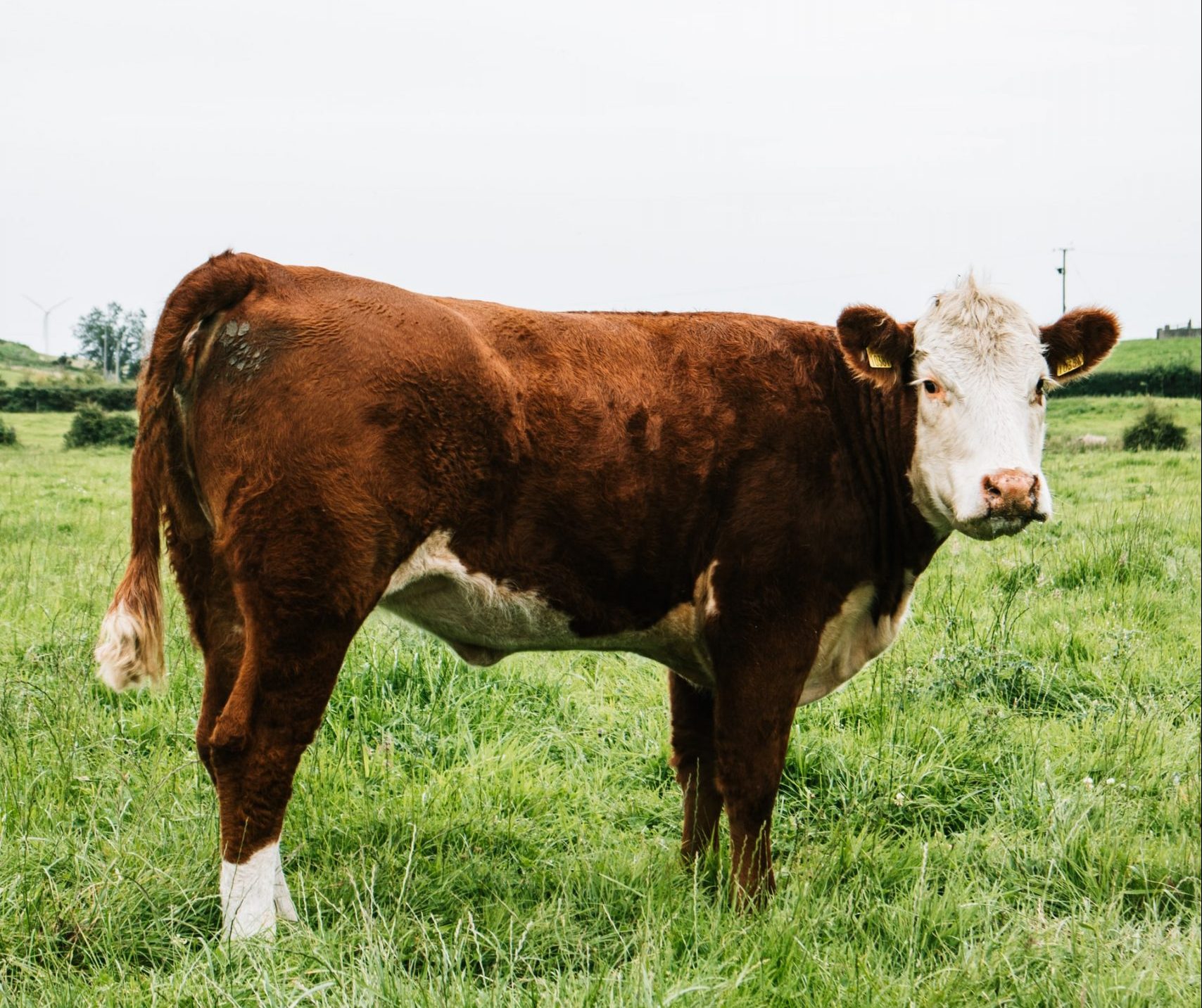- Location
- North Somerset.
The beef I produce does not rely on electricity , the grass grows because it rains and there is daylight. The economics of vertical farming and artificial meat which require inputs I use for free must be questionable at very least particularly in a world where energy costs can only rise not forgetting the ill health issues arising from the consumption of highly priced foods. If you can’t prepare a meal from basic ingredients in your own kitchen it will probably not be good for you in the long term. Might not do much for the profits of the multinational food processors who promote Frankenstein foods in their quest for market share.
Last edited:






